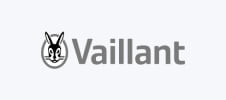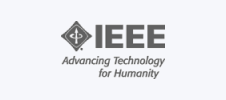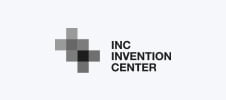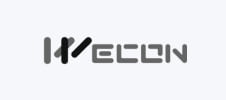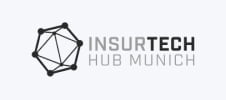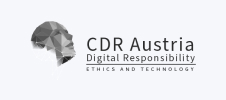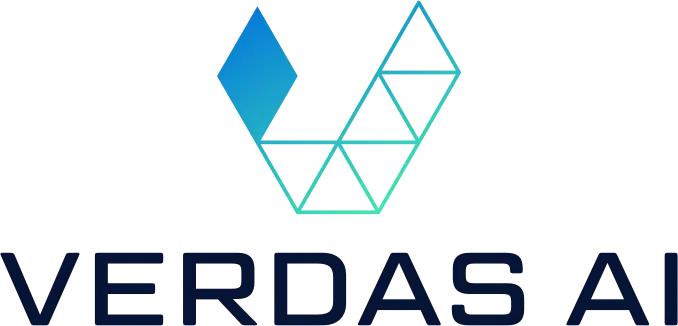VERDAS AI
Empowering AI Excellence.
We empower organizations to build ethical and high-quality AI solutions that drive positive impact and create a better world.
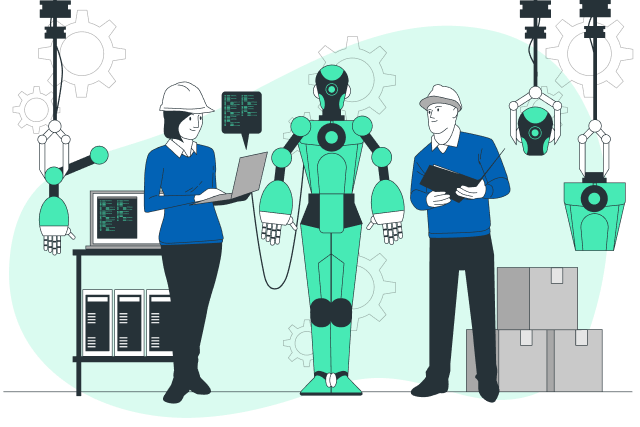
Upcoming Events
Next IEEE CertifAIEd™ Assessor Training –
North America
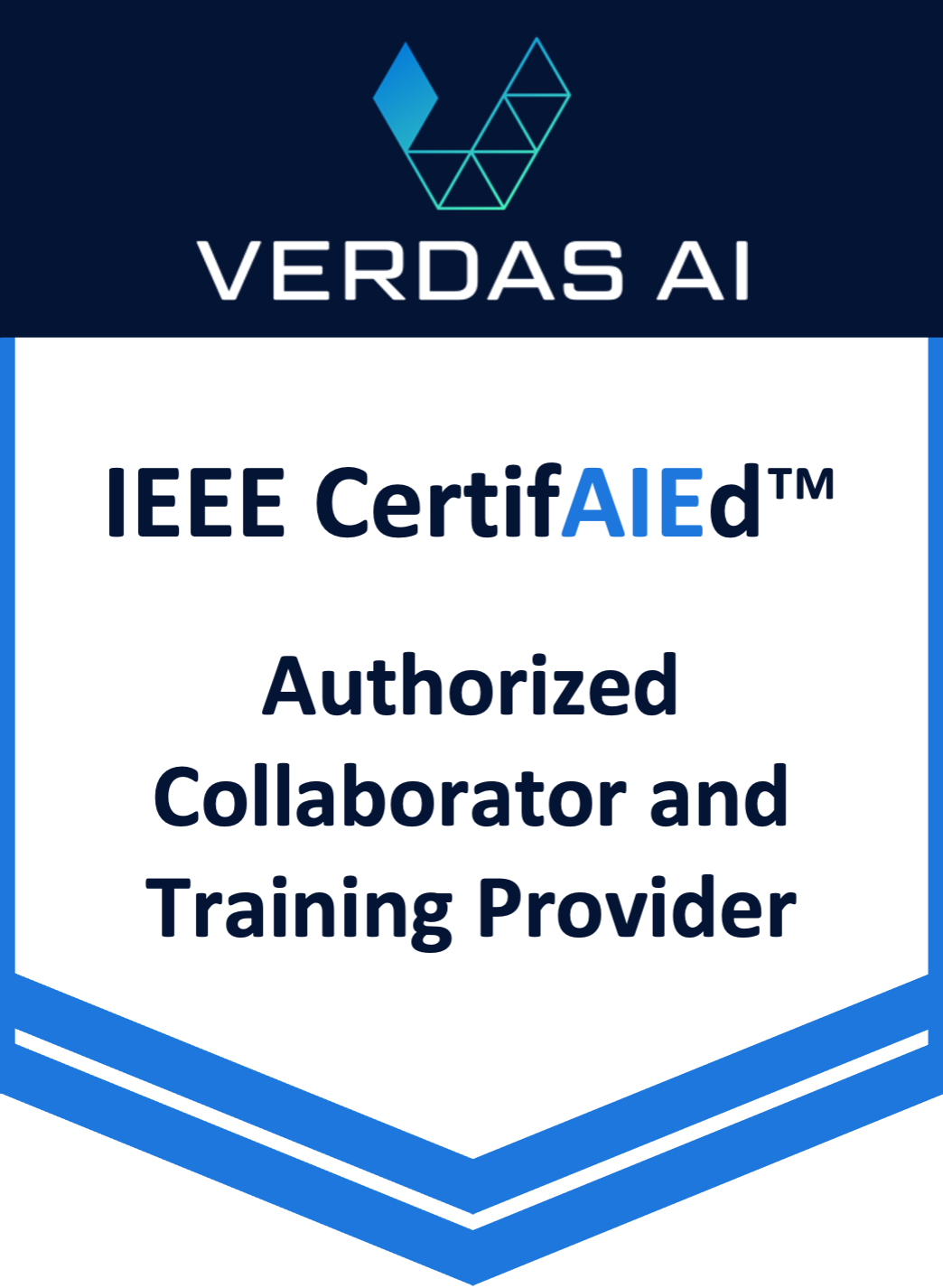
Deepen your knowledge of social responsibility in autonomous intelligent systems and the IEEE CertifAIEd™ approach. This comprehensive course covers everything from the basics of AI Ethics to specific ethical requirements for the key areas of Ethical Transparency, Ethical Privacy, Ethical Accountability, and Ethical Algorithmic Bias. Engage with a community of AI Ethics experts and pave your path to becoming an IEEE CertifAIEd Authorized Assessor.
26-29 August 2024- 09:00 AM (GMT-5)
Day(s)
:
Hour(s)
:
Minute(s)
:
Second(s)
You will be redirected to our german course page
Please note that the training will be conducted in German.
Our Services
Verdas AI is dedicated to helping companies develop ethical, high-quality AI solutions. Our services guide you through identifying use cases, assessing readiness, and navigating the ethical impact and risks of AI development. We support SMEs with tailored workshops, assessments, and consulting to promote responsible AI adoption and industry-standard compliance. Our goal is to empower organizations to harness AI’s potential while fostering ethical and inclusive practices.
Responsible AI Solutions
Responsible AI Solutions
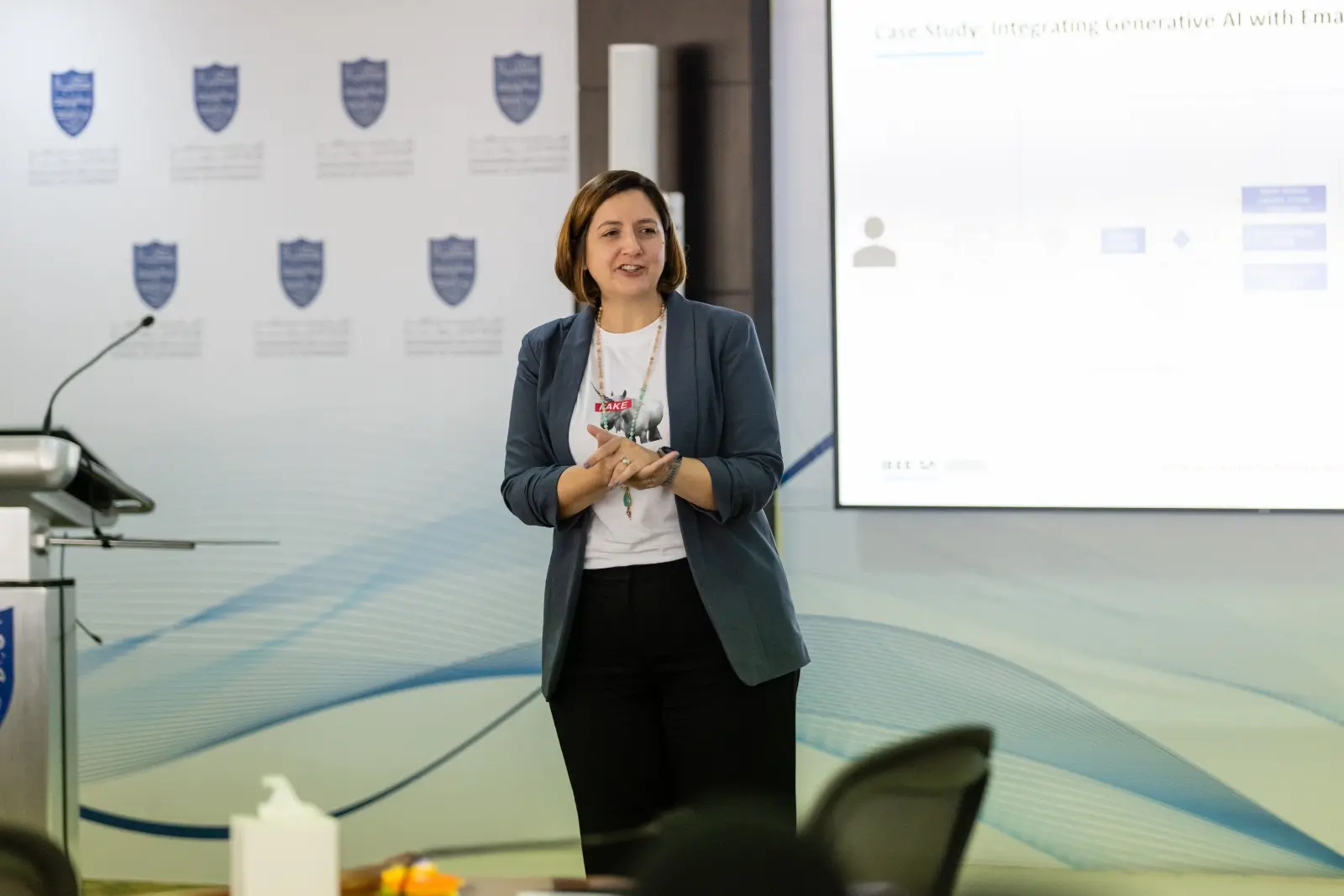
At Verdas AI, we specialize in providing consulting services to help your organization optimize its AI systems for quality, efficiency, and readiness for the rapidly-evolving landscape of AI regulations and standards.
In partnership with renowned organizations TÜV SÜD and IEEE, we offer a comprehensive suite of services designed to help you navigate the complex world of AI compliance. Our team of seasoned experts has extensive experience in developing, deploying, and assessing AI systems, and we are committed to helping your organization achieve its strategic objectives.


Academy
Academy

At Verdas, we believe in harnessing the true potential of Artificial Intelligence (AI). Embark on a transformative journey with us, exploring the intricacies of AI from its foundational concepts to its ethical implications. Whether you’re a novice or an expert, we have something for everyone!

Our Customers and Partners

